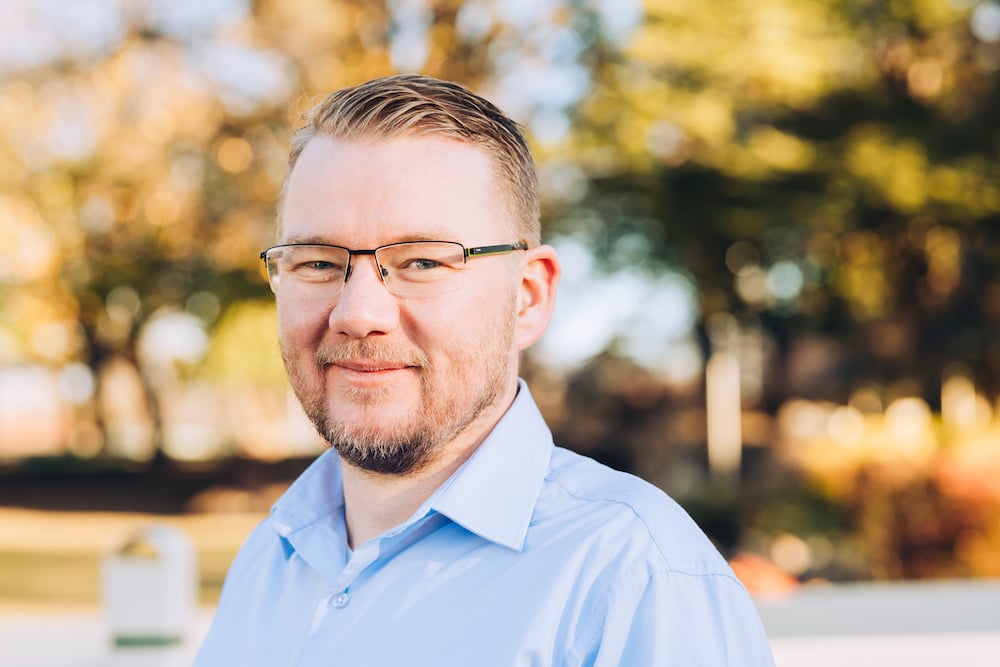Queanbeyan-Palerang Regional Council has voted to apply to the Independent Pricing and Regulatory Tribunal (IPART) for a permanent Special Rate Variation (SRV) of 18 per cent each year for three years – a cumulative permanent increase of 64 per cent.
“We know that the community would prefer to keep all Council services without a rate rise, and that’s what councillors would like too,” Mayor Kenrick Winchester said. “However, this is just not possible.
“This has been an extraordinarily difficult decision for Council, and we appreciate the time and effort the community has made to tell us about the services that are important to them and their thoughts on the proposed rate rise.
“To do nothing would slowly condemn Council into a period of administration, where an unelected political appointee would not only introduce an SRV, but would also make every decision of Council for an indefinite period of time.”
- Queanbeyan council may increase rates to shore up finances (16 November 2022)
- Queanbeyan: More time to consider Special Rate Variation (23 December 2022)
The QPRC raised the possibility of increasing rates late last year. When Palerang Council and Queanbeyan City Council were merged in 2016, neither was financially sustainable, Mr Winchester explained then, but legislation prevented them from increasing their income or consolidating administration offices or staff to reduce expenses. The merged council was not permitted to raise rates for four years.
Councillors decided on Scenario 2: Reducing Services, Mr Winchester said. Core services will be maintained, non-core services will be reduced, and $5.5 million worth of savings must be found each year to remain financially viable.
“We recognise that the rate rise under Scenario Two is a significant increase in the general rates, but it also requires Council to look internally and bear some of the burden,” Mr Winchester said.
“This means that we won’t be able to do everything we might like to over the next few years, and we will need to consider a range of savings options.”
Savings could include significantly increasing fees at The Q; reducing community funding by 50 per cent; cutting heritage grants; only keeping one pool and stopping development of new sports and aquatics facilities; increasing fees; reducing urban amenities (street sweeping, mowing, maintenance, and cleaning); reducing the number of Councillors; removing additional pensioner rebate; and introducing paid parking.
Mr Winchester said this decision was made in recognition of the community’s feedback while also trying to ensure Council’s financial future.
Maintaining Services (Scenario Three) would have increased rates by 97 per cent over three years. Mr Winchester said it “would have allowed us to keep all Council services and make improvements, [but] we understand the financial pressure our community is under with cost-of-living increases”.
QPRC received more than 1,100 submissions from the community. “This feedback will help us meet community expectations as we identify savings,” Mr Winchester said.
QPRC will apply to IPART by 3 March. This will include a report on the feedback.
IPART will publish documents on their website, and the community will be able to provide further feedback directly to IPART.
IPART will then consider the application, and provide a decision in May.
If QPRC’s application is approved, the rate increase will come into effect on 1 July.



